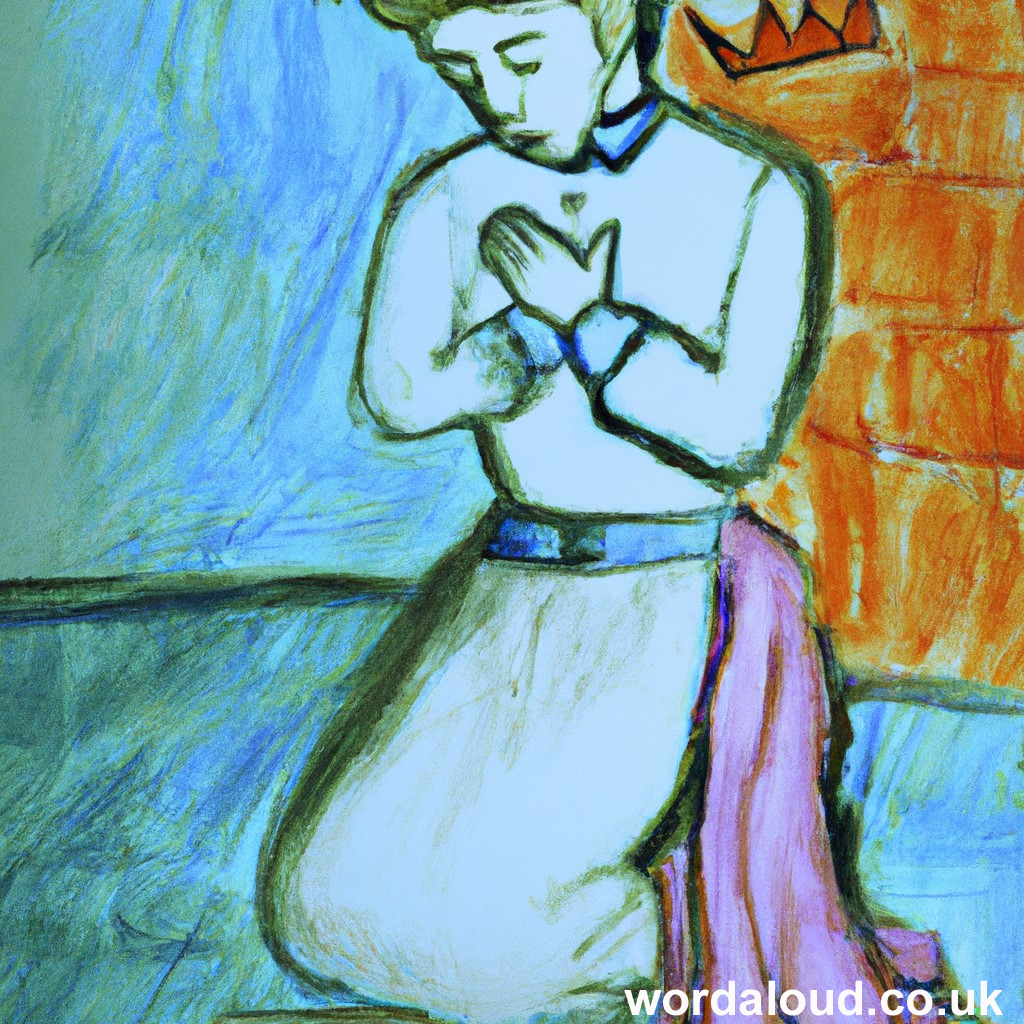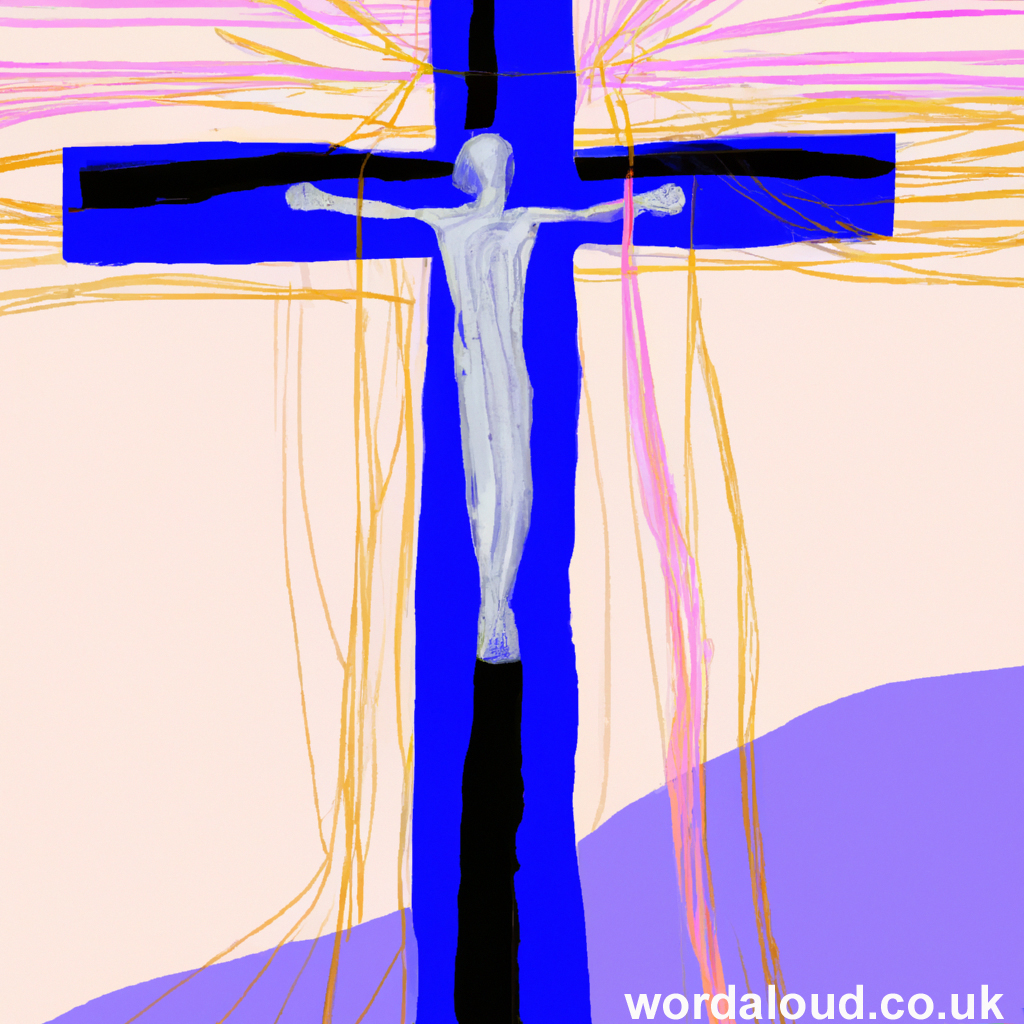Christian Art | Prayer With Jesus | Psalms | King David | Entrance Into The Temple
Psalm 24 | King James Audio Bible
YouTube: Psalm 24 | King James Audio Bible | KJV | Word Aloud | Psalms
Psalm 24 expresses awe and reverence for God the Creator of the universe. The psalm resonates with themes of divine ownership, holiness, and quest for spiritual purity and access to the presence of the Lord.
The psalm opens with a resounding declaration that ‘The earth is the Lord’s, and the fullness thereof; the world, and they that dwell therein’. This statement asserts the sovereignty of God over all of creation, from the vast cosmos to every living being on Earth. It sets the stage for a reflection on the divine holiness that should be upheld in the worship of the Lord.
The central question posed in the psalm is, ‘Who shall ascend into the hill of the Lord? or who shall stand in his holy place?’ This inquiry delves into the requirements for approaching the sacred presence of God. The response emphasizes the importance of purity of heart, integrity of character, and avoidance of vanity and deceit.
The psalm highlights the blessings that come to those who seek the Lord and strive for spiritual purity. It speaks of receiving righteousness from the God of salvation, underlining the transformative power of God’s presence in the lives of those who earnestly seek Him.
As the psalm progresses, the psalm shifts to a scene of majestic entrance, with a call to ‘Lift up your heads, O ye gates; and be ye lift up, ye everlasting doors; and the King of glory shall come in’. This scene conveys the anticipation of the arrival of the divine King and underscores the idea that the Lord is mighty and victorious.
The psalm repeats this call, ‘Lift up your heads, O ye gates,’ emphasizing the readiness for the King of glory to enter. The psalm culminates with proclamation that the Lord of hosts, the Almighty, is the King of glory.

Psalm 21 | King James Audio Bible KJV
The earth is the Lord’s, and the fulness thereof; the world, and they that dwell therein.
For he hath founded it upon the seas, and established it upon the floods.
Who shall ascend into the hill of the Lord? or who shall stand in his holy place?
He that hath clean hands, and a pure heart; who hath not lifted up his soul unto vanity, nor sworn deceitfully.
He shall receive the blessing from the Lord, and righteousness from the God of his salvation.
This is the generation of them that seek him, that seek thy face, O Jacob.
Lift up your heads, O ye gates; and be ye lift up, ye everlasting doors; and the King of glory shall come in.
Who is this King of glory? The Lord strong and mighty, the Lord mighty in battle.
Lift up your heads, O ye gates; even lift them up, ye everlasting doors; and the King of glory shall come in.
Who is this King of glory? The Lord of hosts, he is the King of glory.
Key Themes Of The Psalm For Reflection | Love Revealed By Jesus Christ
- Divine Ownership: The psalm asserts the Lord’s ownership of the entire earth and everything within it.
- Holiness and Purity: It explores the requirements for approaching the presence of the Lord, emphasizing the importance of clean hands, a pure heart, and a life free from vanity and deceit.
- Blessings of Seeking God: The psalm speaks of the blessings and righteousness received by those who earnestly seek the Lord.
- Anticipation of God’s Presence: It conveys a sense of anticipation and readiness to welcome the King of glory into the sacred space.
- Majestic Entrance: The psalm describes the entrance of the King of glory, emphasizing the might and victory of the Lord.
- Awe and Reverence: Psalm 24 inspires a profound sense of awe and reverence for the Creator and a desire to approach Him with sincerity and integrity.

![]()








